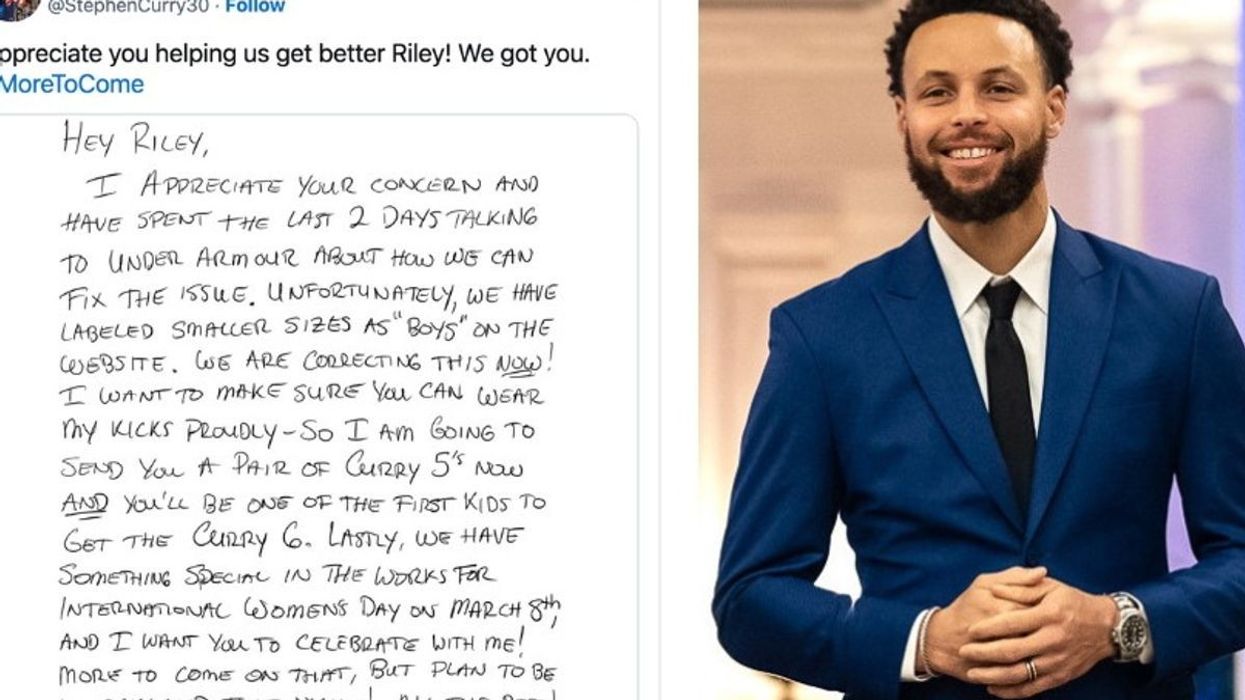With all the focus on today’s website blackouts to protest the Stop Online Piracy Act, it’s easy to forget that there are other ways to fight the bill. For members of Congress who oppose the bill, that means drafting competing legislation.
By the end of this week, Rep. Darrell Issa (R-California) is expected to officially introduce his answer to SOPA. Issa’s bill is significant not only as a less restrictive way of protecting intellectual property on the internet, but also because it is being crafted with the help of the internet itself, creating one of the most visible crowdsourcing efforts ever seen on Capitol Hill.
A vocal opponent of SOPA and chairman of the House Oversight and Government Reform Committee, Issa started KeepTheWebOpen.com, a website that allows anyone to contribute to the Online Protection and Enforcement of Digital Trade Act, known as OPEN. The site functions like a combination of Wikipedia and any familiar commenting system: Click a sentence in the bill and add your changes. Though ultimate authorship will fall to Issa, user markups and comments are expected to make their way to the draft presented to the congressional committee.
Whether or not the bill makes any headway in Congress, the hands-on drafting of the OPEN Act offers a glimpse of the future of constituent engagement and legislative sausage-making. “This is a grand experiment,” Issa told The Washington Post in December about the unorthodox approach. And while some dismiss crowdsourced legislation as a public relations ploy, many who work on Capitol Hill see it as a promising way to promote government transparency.
Though legislative crowdsourcing is new to Congress, the strategy has been used at the local level and internationally. Next year, a Texas Senate committee plans to ask the masses to help craft bills on payday lending. Financially ravaged Iceland has let its citizens play James Madison, crowdsourcing its new constitution.
Issa’s site also takes its inspiration from the fourth president and “Father of the Constitution.” The platform behind KeepTheWebOpen, known as Madison, was unveiled in December when Congress hosted its first hackathon in hopes of developing new, technology-driven approaches to constituent services and the legislative process. Other congressional offices have also asked constituents for their input on issues, but none of their efforts have been as visible or as technologically advanced as Issa’s experiment.
“We’re at one of those generational moments with the unique ability to change how things operate, and the things we create today will set new standards that will last for years and decades,” says Matt Lira, digital director for House Majority Leader Eric Cantor (R-Virginia) and the organizer of December’s hackathon. “It ranges from the very mundane things to the headline-grabbing stuff.”
In many ways, developing the Madison platform represented a logical step in bringing democracy to the web. Just as the internet has revolutionized virtually every other type of communication, it has transformed the relationship between elected officials and their constituents who have embraced the ease of using email and social media platforms. Two reports published last year by the Congressional Management Foundation showed a dramatic spike in communication (both analog and digital) with constituents in the past decade, which congressional offices consider useful and influential—and increasingly difficult to deal with. “The technology that has made it easier to get messages into Congress has decreased the chance that they could respond to it,” says Marci Harris, chief executive officer of Popvox, a startup that runs an online forum that helps people tell representatives where they stand on bills.
Non-partisan, nongovernmental forums like Popvox and the Sunlight Foundation’s Public Markup have experimented with ways of streamlining and making sense of this increase in communication. After thousands of people began speaking out against SOPA online last fall, it seemed a prime opportunity to debut the Madison platform. “The site is a symbol for how the legislation is approached,” says John Wonderlich, policy director for the Sunlight Foundation. “The public approach is intended to highlight that this bill and its formation is opposite how the SOPA bill is being considered.”
A spokesman for Issa’s office says the congressman’s staff is looking through more than 150 comments and markups that already have been suggested at KeeptheWebOpen. Issa may adopt all of the language proposed, or none of it. But either way, open government proponents say the site may be a forerunner of things to come: Giving ordinary citizens a direct line to the legislative process, much like special-interest groups have long had at their disposal. “This is a great first iteration, as we say in the startup world,” Harris says.













